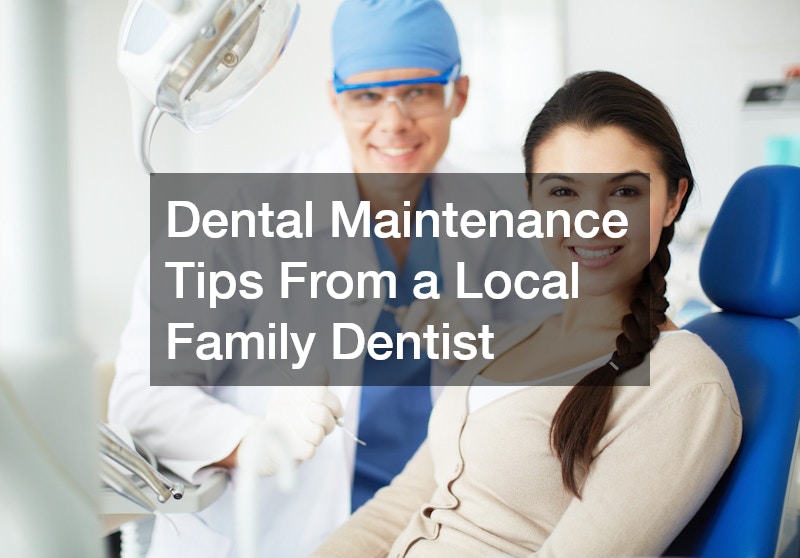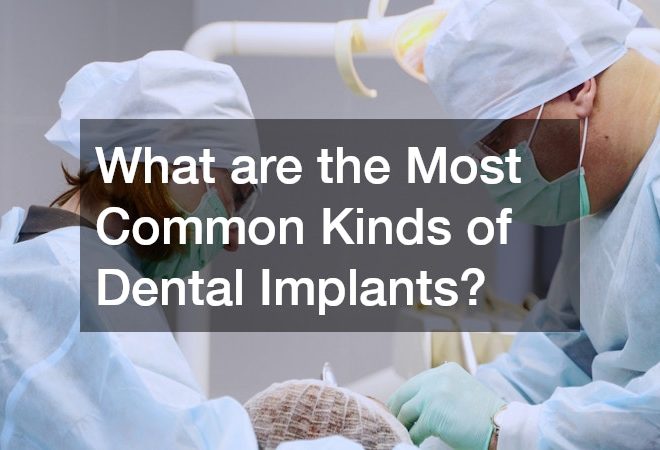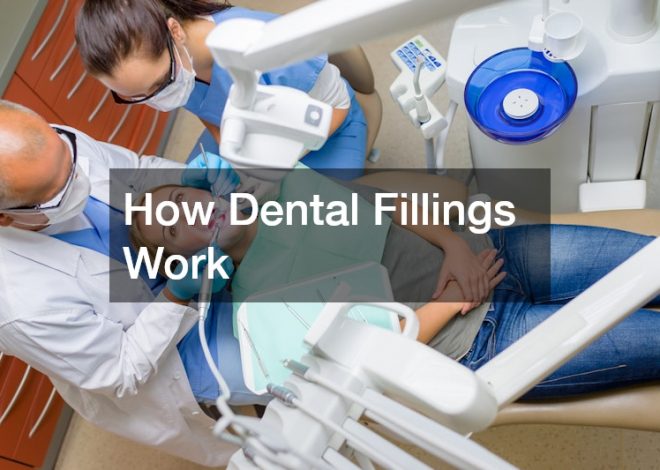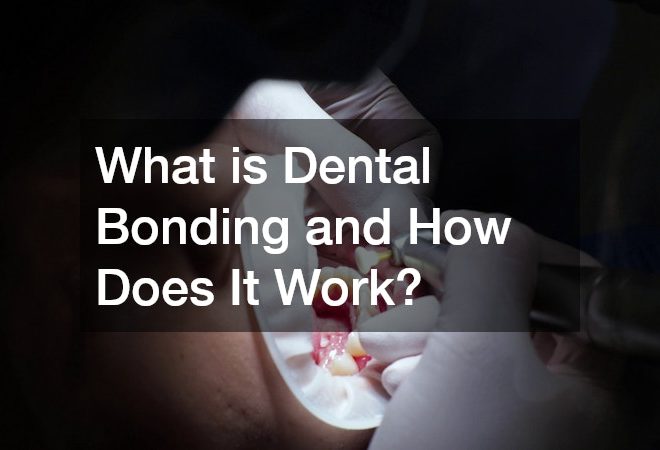
Dental Maintenance Tips From a Local Family Dentist

How Often Should I Visit the Dentist for Check-ups?
Visiting your dentist regularly is crucial for maintaining good oral health. Biannual check-ups allow your dentist to detect early signs of issues that might not be visible or cause discomfort yet. These visits help in monitoring your overall oral health and catching problems like cavities and gum disease at an early stage, making them easier and less costly to treat.
Additionally, during these check-ups, you will receive professional cleaning. Even the most diligent brushers and flossers can miss areas that accumulate plaque over time.
A dental hygienist will use specialized tools to remove tartar buildup that regular brushing cannot handle, ultimately preventing tooth decay and gum disease.
A second benefit of regular dental visits is the opportunity to receive personalized advice on oral hygiene practices. Your dentist can provide insights tailored specifically to your dental needs, ensuring that you adopt the most effective techniques for brushing and flossing, and recommend products that might benefit your oral health.
Neglecting regular dental visits can result in numerous oral health issues that can escalate quickly. Without regular professional cleanings, plaque and tartar can accumulate, leading to cavities and more severe gum diseases like gingivitis and periodontitis. These conditions not only cause discomfort but can lead to tooth loss if left untreated.
Furthermore, many systemic health problems are linked to oral health, including cardiovascular disease and diabetes. By skipping dental appointments, you may miss the chance to catch these issues early with a dentist’s help. Oral health is a window into your overall health, providing clues about your well-being.
What Are the Best Daily Dental Care Practices?
Proper brushing technique is the foundation of effective dental care. Dentists recommend brushing your teeth at least twice a day, using a soft-bristled toothbrush that is gentle on gums. Using small, circular motions and angling the brush at a 45-degree angle towards the gum line will help effectively remove plaque without damaging gum tissues.
Fluoride toothpaste is highly recommended for its role in strengthening tooth enamel and preventing decay. However, it is important to use the right amount — a pea-sized amount for adults and a smear for children. This ensures that you reap the benefits of fluoride while avoiding issues associated with excessive ingestion, particularly in young children.
In addition to technique and products, the duration of brushing matters significantly. Dentists suggest brushing for at least two minutes to thoroughly clean each quadrant of your mouth. Electric toothbrushes can be particularly effective in maintaining the right pressure and duration, as they often come equipped with timers and various settings optimized for dental health.
While brushing cleans the surfaces of the teeth, flossing plays an essential role in removing food particles and plaque from between the teeth and below the gum line where brushes cannot reach. Daily flossing prevents the build-up of plaque and reduces the risk of gum-related diseases and bad breath.
How Can I Prevent Tooth Decay and Gum Disease?
Your diet heavily influences your oral health, and making wise dietary choices is crucial for preventing tooth decay and gum disease. Foods high in sugars and starches can lead to plaque formation, and it is essential to limit their consumption. Opting for nutritious foods that are low in sugar, such as fresh fruits, vegetables, and lean proteins, can protect against decay.
In addition to maintaining a balanced diet, it’s advisable to limit snacking between meals. Frequent snacking can result in continuous acid attacks on your teeth, as every snack provides fuel for the bacteria in your mouth to produce acid. When you do snack, choose foods that naturally clean your teeth, like apples or carrots.
Drinking plenty of water also supports oral health by washing away food particles and keeping your mouth hydrated. Fluoridated water is particularly beneficial, as fluoride helps in re-mineralizing teeth and ensuring strong enamel. Making conscious choices about what you eat and drink can strengthen your dental defenses.
What Should I Do in Case of a Dental Emergency?
Dental emergencies can occur unexpectedly and may include situations such as a knocked-out tooth, severe toothache, or a cracked tooth. Understanding how to handle these emergencies can help prevent further damage and expedite recovery. It’s essential to stay calm and assess the situation carefully.
In the case of a knocked-out tooth, time is critical. If possible, gently rinse the tooth with water (without touching the root), and attempt to reinsert it into the socket carefully. If this isn’t feasible, placing the tooth in milk or saline helps preserve it until you can reach the dentist. Prompt action increases the chances of saving the tooth.
Severe toothaches and facial swelling can indicate infections and should be treated as emergencies. Rinsing your mouth with warm water and applying a cold compress can alleviate pain temporarily. Avoid placing aspirin on the aching tooth or gum as it can cause tissue damage. See your dentist as soon as possible for a proper diagnosis and treatment.
Maintaining your dental health involves regular check-ups, good daily practices, preventive measures, and knowing how to handle emergencies. By following these tips from your local family dentist, you can ensure long-term oral health for you and your family.



